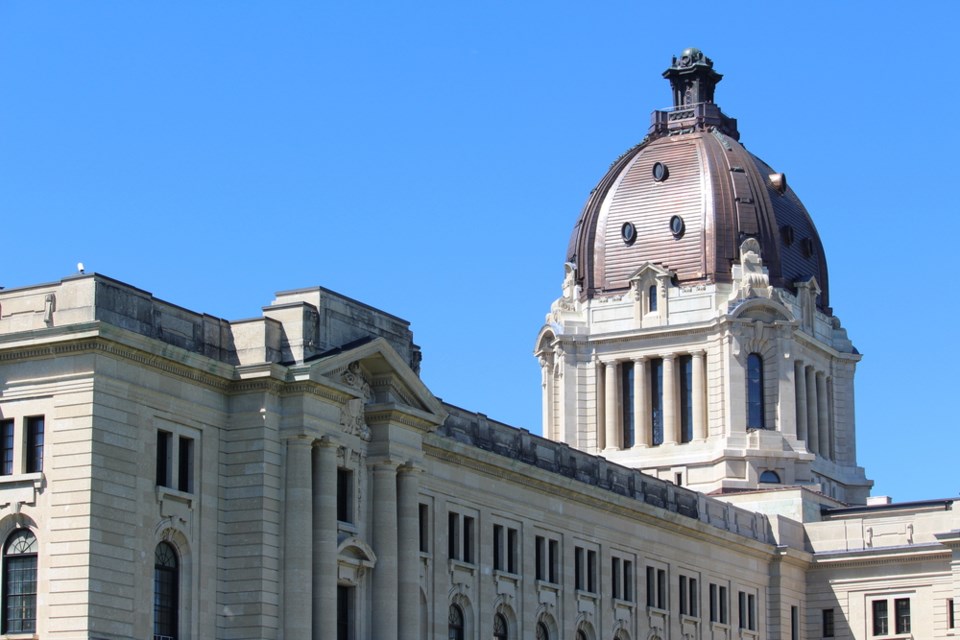It is a mantle that no province seemingly wants to own.
On Oct. 1 the Saskatchewan provincial government increased the minimum wage by 10 cents to $11.06 per hour which meant it was no longer home to the lowest minimum wage in the country.
On April 1, Nova Scotia raised its minimum wage for experienced workers by 55 cents, up to $11.55 per hour, leaving Saskatchewan as the lowest minimum wage in the country once more.
The Saskatchewan New Democrats would like to see the minimum wage increase to $15 per hour. The fall provincial NDP leader Ryan Meili introduced a bill that would phase in the increase to $15 per hour by 2022.
“If we keep going the way we’re going, we’re not just going to be last, we’re going to be last with a vengeance,” said Warren McCall, NDP Critic for Labour Relations and Workplace Safety. “Instead of the dime increase that folks got in October, we would like to see better increases and better gains because the folks that are working for minimum wage right now underwrite this by the record numbers of folks using the Food Bank.
“We want to see a minimum wage that bears a better resemblance to actual funds capable of paying the monthly bills.”
Since 2011, the governing Sask Party has used an indexation formula to calculate regular changes to the minimum wage.
“They seem to be sticking to their position that the current formula is the best approach and that has produced a minimum wage in Saskatchewan that is the worst in the nation as of April 1,” McCall said. “I think the idea of indexation is fine, but if you start with a floor that is exceedingly low, it’s not going to do what a minimum wage should do – which is bare some relation to the poverty line.”
Warren Michelson, Sask Party MLA for Moose Jaw North, said that there are a lot of factors that come into play when it comes to compensation beyond just the minimum wage, including levels of taxation.
“You have to look at the total tax rate you’re paying and your take-home pay that is involved as well. With the higher exemption that we brought in, there are 112,000 people that have been taken off the tax rolls completely,” Michelson said. “(Provincial Labour Minister Don Morgan) pointed out that there could be a detrimental effect according to the Bank of Canada that there could be 60,000 jobs lost across Canada” by having an immediate increase to a $15 minimum wage.
Morgan said that Saskatchewan is at or around the national average when it comes to take-home pay despite having the lowest minimum wage.
One of the main arguments against a minimum wage increase is the subsequent increased cost to businesses, particularly local businesses and fear of full-time jobs being lost.
“Jurisdictions where they have a high minimum wage in Canada, it generally does not coincide with economic wrack and ruin,” McCall said. “That generally proves to be more of a scare tactic than actual reality.”
Currently, a full-time minimum wage job in Saskatchewan yields $1,917.06 per month before taxes working 40 hours per week.
McCall notes that given the real struggle for minimum wage earners to even survive, it follows that any extra money that goes into a minimum wage increase would then go back into local economies.
“Once was the time that Henry Ford understood that if he wanted his workers to buy his cars, he had to pay them a wage that was capable of purchasing his product,” McCall said. “I think it would be good if folks would bear that in mind – this isn’t money that’s going into out-of-the-country vacations or luxury goods that aren’t produced in Canada. This is money that all goes back into the local economy.”




